
Watch out, Audi! How Lexus staged a sales comeback in 2023 off the back of updated Lexus RX, NX and UX SUVs
The cold, hard facts of the 2022 sales data were not good for Lexus. The brand...
Browse over 9,000 car reviews
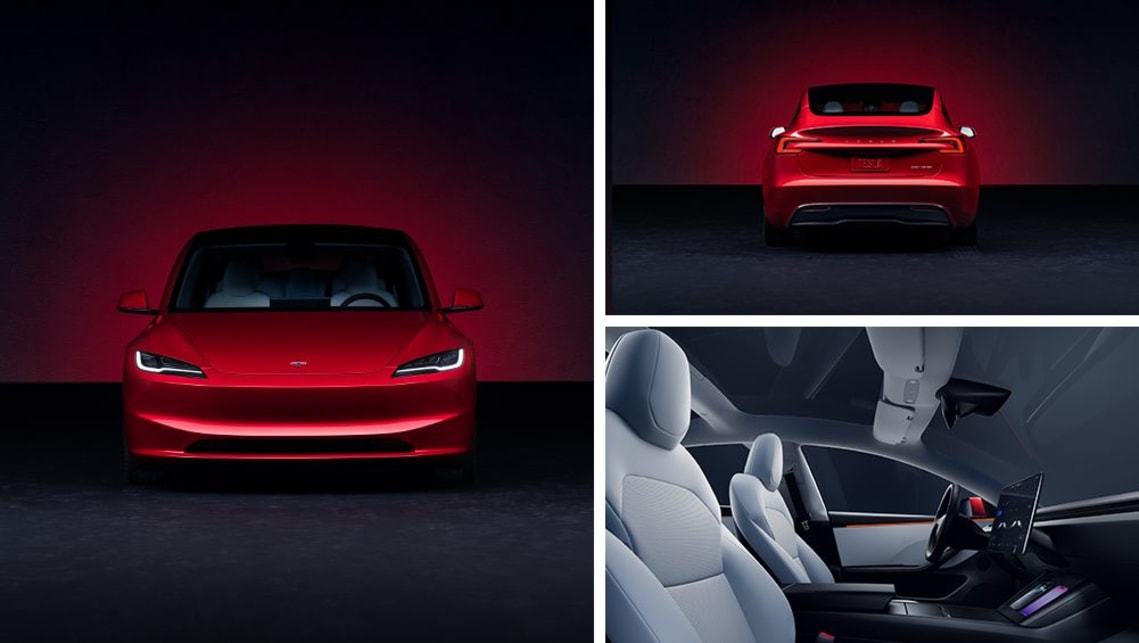
The 2024 Tesla Model 3 update turned out to be a more significant overhaul than you might have expected from the pictures, but there are some things - a few of them important - which the brand has kept the same this time around.
For everything that has been changed, tweaked, or upgraded, make sure to check out our in-depth article here. For those of you wondering what the brand hasn’t changed this time around though, read on to see what we’ve found.
This is probably one of the big ticket missing items from the Model 3, and it hasn’t been amended for the new version. For every fan that loves the brand’s signature minimalistic aesthetic and Apple store feel, there’s a normal car person that doesn’t want everything to work through a central touchscreen, and would kind of like to have key information, such as their current speed at very least, right in front of them. Seemingly even a head-up display would fix this issue, but it hasn’t been considered this time around.
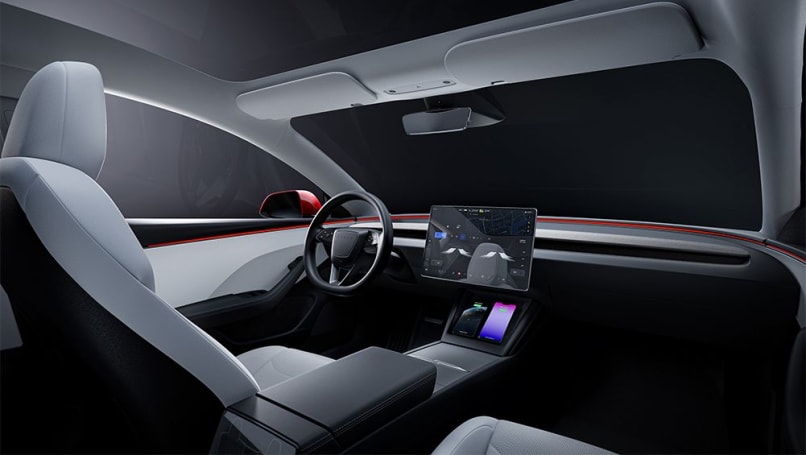
Again, for aesthetic reasons, not having tactile buttons is kind of Tesla’s ‘thing’, but for some buyers it may be made worse this time around with the new ‘stalkless’ look. This means even the stalk gear shifter has been moved to a touchscreen-based gear shifter (yikes), and the indicator controls have been moved to buttons on the steering wheel. You can throw those key functions on the pile with climate controls, ventilation controls, drive mode settings, safety equipment, the list goes on.
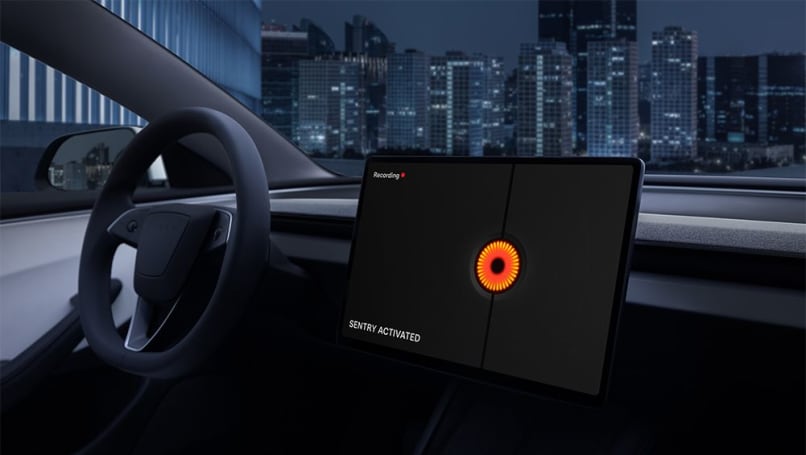
Like many manufacturers, in the interest of packaging and space, Tesla only offers a repair kit for damaged wheels, but here’s the kicker, it’s on the options list, and continues to be for the 2024 model year update. It’s a $125 option, so in the context of the price of the car, not even that expensive. Many drivers might not even discover this omission until they have a flat which feels like a safety issue for intercity or regional travellers.
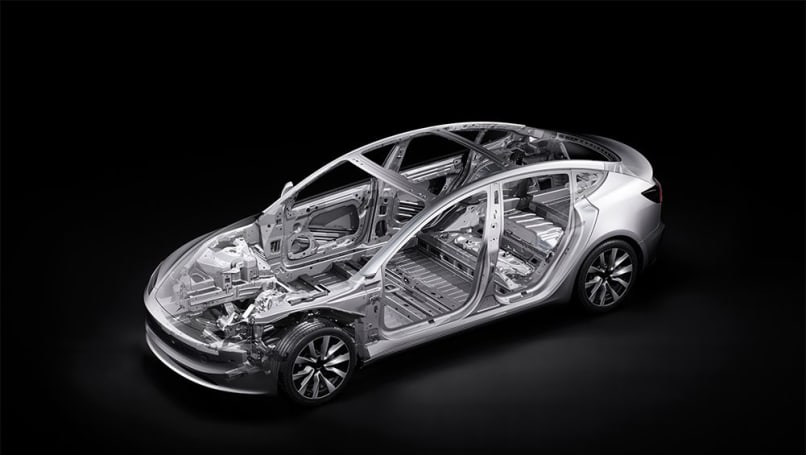
Yep, still no retractable sunshade. The heavily tinted panoramic glass roof looks good and probably works in cooler climates, but in Australia you really have to be conscious of pre-conditioning the car via the app because our brutal sunshine will cook the Model 3’s interior in summer without a way to properly protect it. The sunshade for the outgoing model is a $140 option, and, unsurprisingly, constantly ranks in the brand’s ‘Best Sellers’ category.
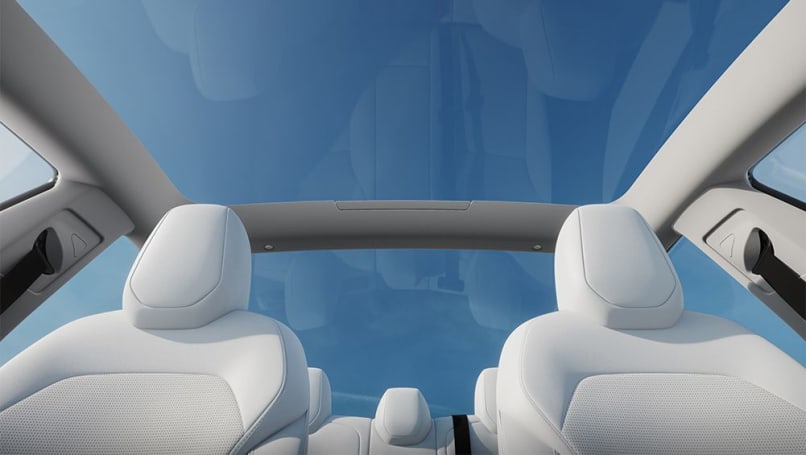
Given the Model 3’s design, some might assume that it would be a liftback as opposed to a traditional sedan. Apparently, however, the slippery low-drag profile of the roofline and the need to provide adequate headroom for rear occupants means there’s no strong point to hinge a rear hatch on, meaning the Model 3 will continue to be a sedan for this update, and probably beyond.
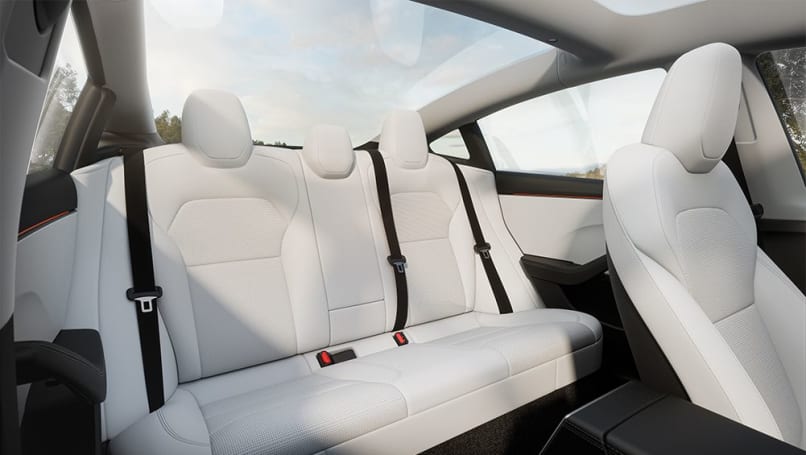
The motors stay the same this time around, at least for the Rear Wheel Drive and long-range spec vehicles. The Model 3 didn’t exactly want for power, even in base form, so this isn’t much of a big deal, but if you were expecting a performance boost, it’s not happening this time around. While the new tyre compound, which helps to increase range and comfort, has limited top speed to 201km/h, the 0-100km/h sprint-time of 6.1 seconds for the base car, or 4.4 second sprint time for the Long Range have been maintained.
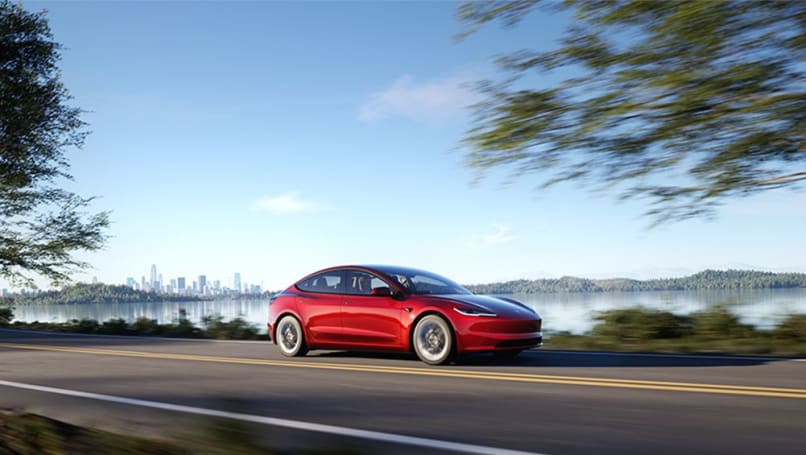
Tesla still powers ahead with a four-year or 80,000km vehicle warranty, which is behind most of its rivals in Australia. The battery and drive unit, however, are covered for a more competitive eight-year or 192,000km warranty, at which time a minimum of 70 per cent of the original battery capacity should be maintained. It’s worth noting that this is for the Long Range variant, which retains the same Panasonic-sourced NMC battery as before. The newer China-sourced LFP battery which resides in the rear-wheel drive is covered for eight-years or 160,000km.
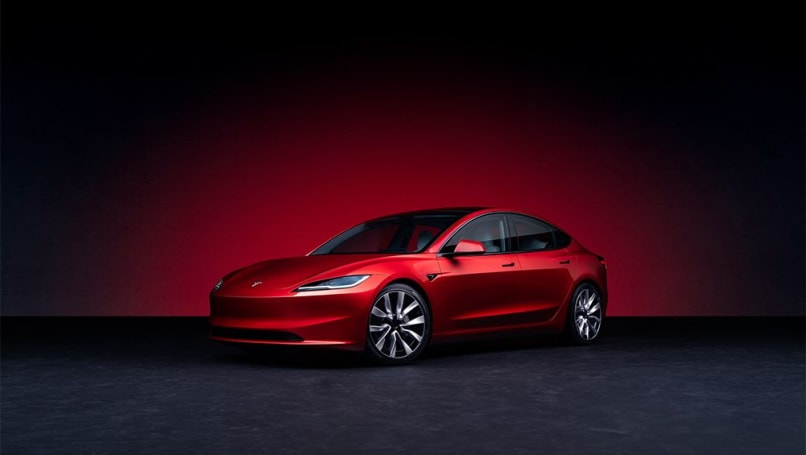
Outside of colour, wheel and interior choices, the Model 3’s main option packs are either the ‘Enhanced Autopilot’ ($5100) or ‘Full Self Driving’ ($10,100). The former adds navigation-based ‘autopilot’ (read: adaptive cruise) and will apparently, at some point in the future, include auto parking and the ‘summon’ feature, where the car can un-park itself and drive to you. The latter ‘Full Self-Driving’ option is more mysterious, adding everything in the Enhanced Autopilot, plus traffic light stop-start added to the cruise control and as an upcoming feature ‘autosteer on city streets’ - whatever that means.
While Tesla’s autonomous cruise features continue to be some of the best on the market, these are expensive packs with dubious value, particularly as they sell future features that haven’t been proven in the Australian market yet.
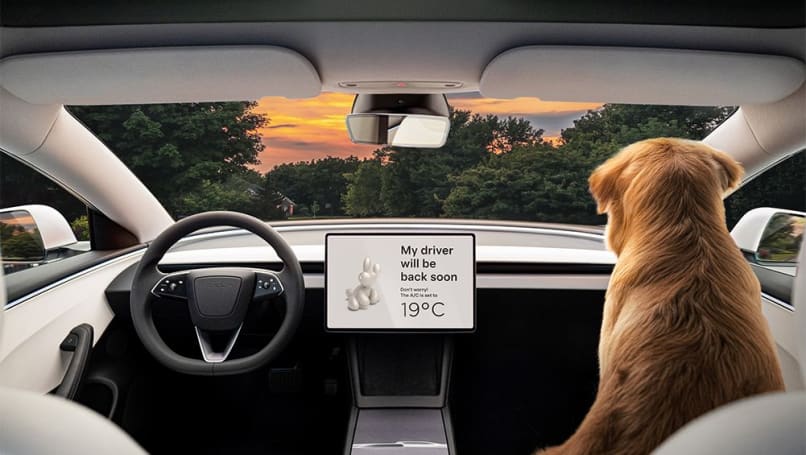
As the Model 3 has some significant safety upgrades, but the overall crash structure of the car remains the same, it is expected to carry over its glowing maximum five-star ANCAP safety rating which it was awarded back in 2019.
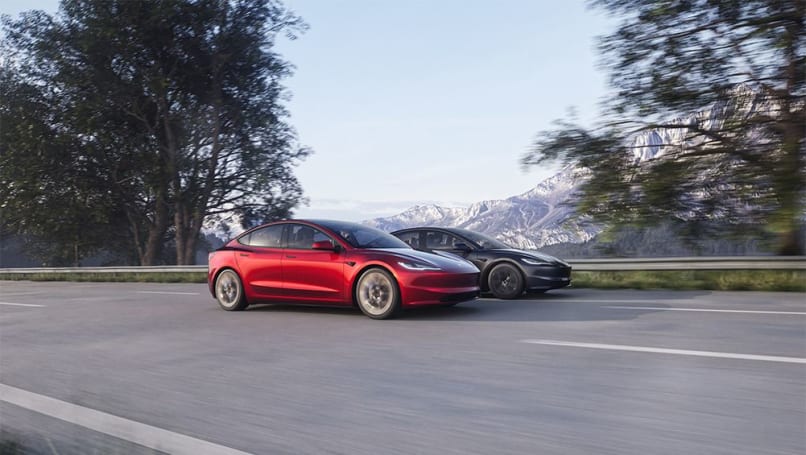
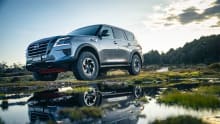
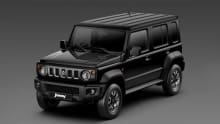
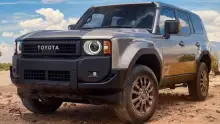
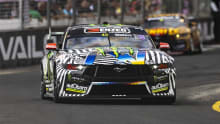
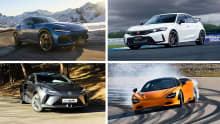
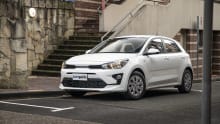
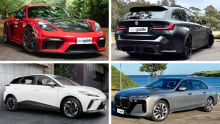
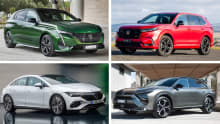
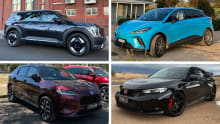
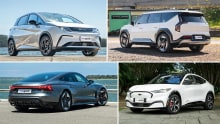
Comments